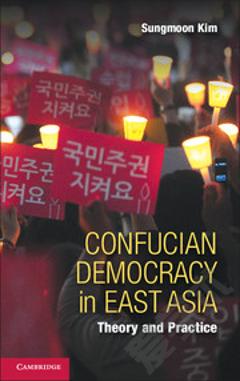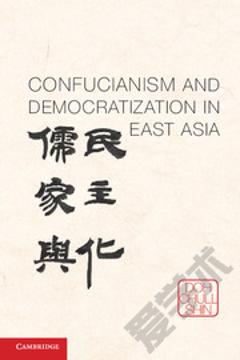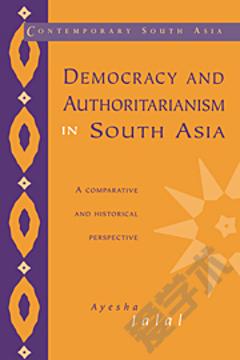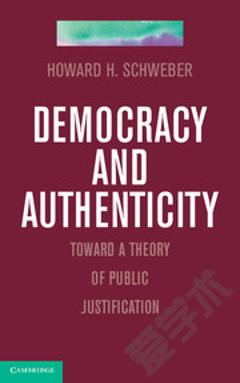Confucian Democracy in East Asia: Theory and Practice
This book explores a mode of democracy that is culturally relevant and socially practicable in the contemporary pluralistic context of historically Confucian East Asian societies, by critically engaging with the two most dominant theories of Confucian democracy - Confucian communitarianism and meritocratic elitism. The book constructs a mode of public reason (and reasoning) that is morally palatable to East Asians who are still saturated in Confucian customs by reappropriating Confucian familialism and using this perspective to theorize on Confucian democratic welfarism and political meritocracy. It then applies the theory of Confucian democracy to South Korea, arguably the most Confucianized society in East Asia, and examines the theory's practicality in Korea's increasingly individualized, pluralized, and multicultural society by looking at cases of freedom of expression, freedom of association, insult law, and immigration policy.
{{comment.content}}








 京公网安备 11010802027623号
京公网安备 11010802027623号